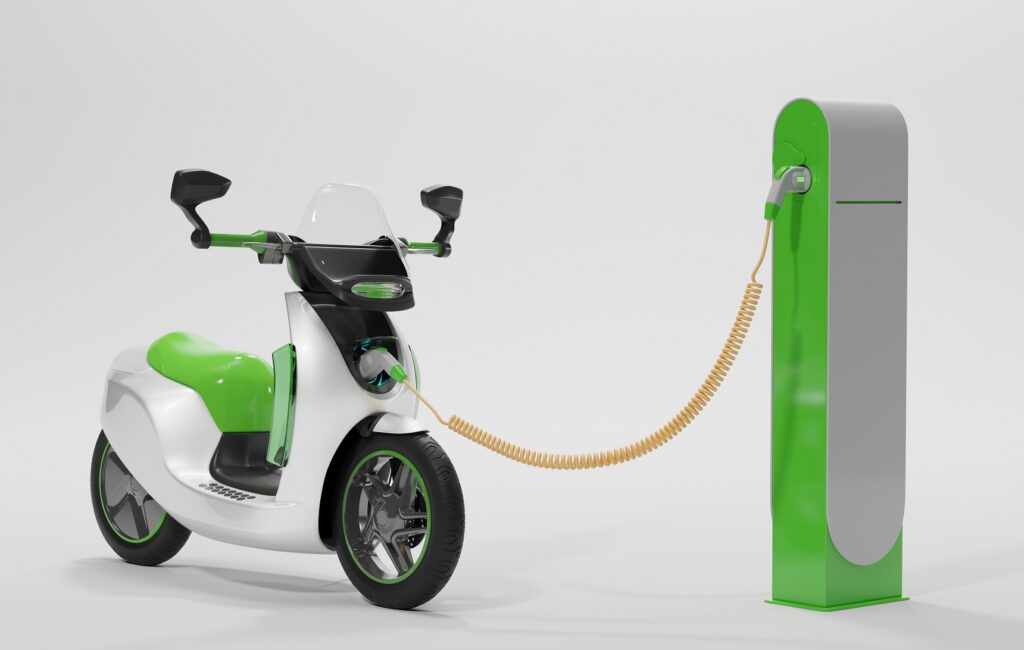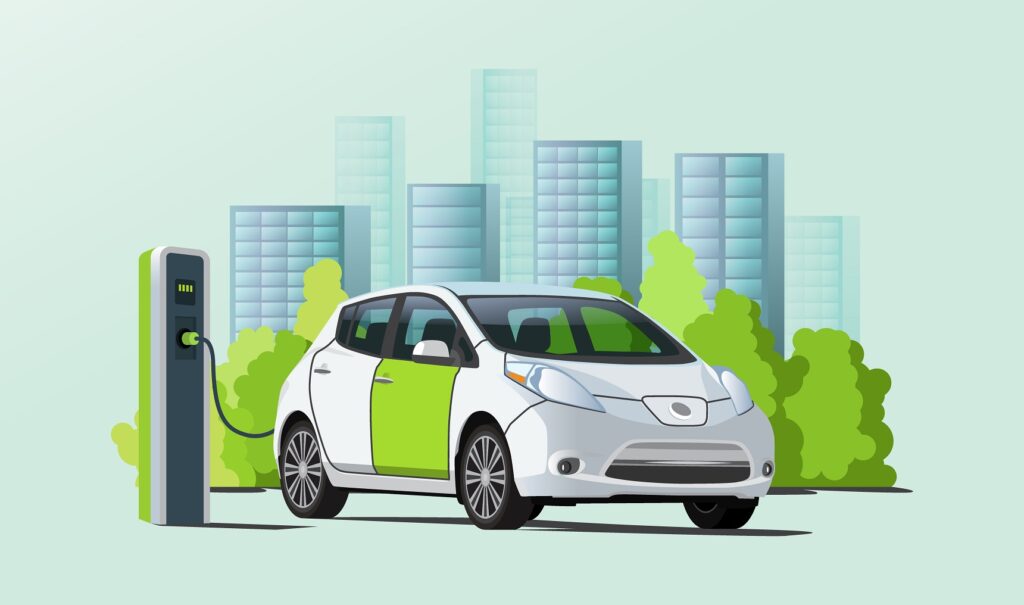Electric vehicles are becoming increasingly popular in the last few years due to their high efficiency and environment-friendliness. The introduction of EVs in the market has allowed consumers to make environmentally conscious choices and reduce the use of non-renewable energy sources. EVs have also given rise to the use of Li-ion batteries which are very efficient compared to other types of batteries. The world has been looking for an alternative to fossil fuels and a solution to the pollution problem, and EVs cover both requirements.
The usage of fossil fuel-based vehicles has harmed the environment in numerous ways. There will be an irreversible shortage of non-renewable resources, and the pollution caused by fuel-based cars is proving to be detrimental to the health of our population. The adoption of EVs into our daily life can be crucial to the health of our planet. A massive number of EVs have been introduced to the market to curb the use of fuel-based vehicles. EVs have made their way into the public transport system, with a huge number of electric buses introduced by the government and many electric cars being used as taxis by ride-hailing services. Electric bikes have also gained popularity in the market, easing urban mobility, which is a challenge for other types of EVs.
Cities in India have been looking for a solution to reduce traffic congestion and pollution, and electric bikes have emerged as the solution. E-bikes are being adopted as an alternative to bikes as they are more environmentally friendly and cost-efficient. They are used for shorter distances as their range is typically lower compared to electric cars. E-bikes allow passengers to move more freely and easily in urban areas, which is why most cities are trying to integrate e-bikes into the public transport system. This integration will affect the lives of millions of people, with Delhi being the most recent to ban fuel-based bike taxis and support electric bike taxis. Mumbai has also recently banned bike taxis due to safety concerns raised by the RTO about unlicensed bike taxis. Bangalore seems to be gearing up for electric bike taxis as they have allowed a private company to deploy 100 bike taxis for a maximum distance of 10 km per ride. This transition that is slowly taking place in front of our eyes can be significant to the future of our planet and the EV market in general.

India aims to penetrate the EV market, with the government announcing their vision of increasing EV sales by 30% for private cars, 70% for commercial vehicles, and 80% for two and three-wheelers by 2030. Not only does this facilitate the growth of this market, but it also drastically reduces the environmental impact of fuel-based vehicles. There has been a rise in practices like reusing and recycling EV batteries which have helped manage and regulate wastage, which is a problem that has also risen with the popularity of EVs. Lico is one of the first companies in India that is tackling this problem through their zero wastage recycling process. They are preparing for the future by creating a sustainable system of battery production and recycling.
Lico believes that with the joint efforts of the government and the common person, e-bikes and EVs, in general, can be the key to a clean and sustainable transportation system in India.


